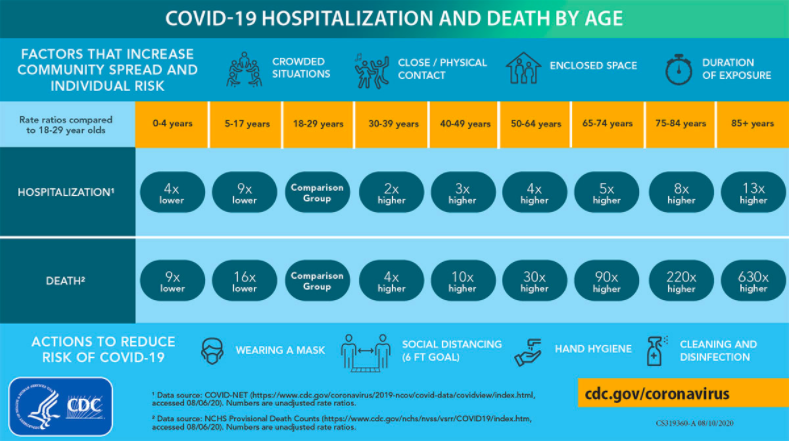
Abbott's #BinaxNow tests are now available over the counter. Many people are wondering about their accuracy so here is a roundup of what we know. 1/10 @michaelmina_lab
https://twitter.com/michaelmina_lab/status/1384245889288466438?s=20
The short version: False positives are exceedingly rare. If you get a positive test, take it seriously. Several studies show that false negatives have low viral loads & are far less likely to be contagious. Rapid antigen testing catches the vast majority of contagious cases. 2/10
BinaxNow can be used to test both adults and children aged 2+ regardless of symptoms. Far right panel shows 100% sensitivity for the highest viral load (low Ct) cases for both adults and children regardless of symptoms. 3/10
https://twitter.com/ZoeMcLaren/status/1339988187310112768?s=20
Test accuracy is also verified in real-world study setting here: 4/10
https://twitter.com/ZoeMcLaren/status/1337583696476561409?s=20
Remember these tests are designed to be used for "serial testing" which means 2+ tests performed with 24-36 hrs in between (daily, 2x/week). Testing more than once reduces the chance of missing contagious cases even further. 5/10
https://twitter.com/ZoeMcLaren/status/1372708738205892611?s=20
I wrote a broader overview of screening tests and why they're so important. Note they can also be used for vaccinated people if needed. 6/10
https://twitter.com/ZoeMcLaren/status/1294299395916271617?s=20
And spoke with @BillNye on his podcast to explain screening tests: 7/10
https://twitter.com/ZoeMcLaren/status/1300656919359770624?s=20
This piece explains why the EUA for #BinaxNOW back in August 2020 was a game-changer: 8/10
https://twitter.com/ZoeMcLaren/status/1301237415605137411?s=20
Why is proactive testing so important to slow asymptomatic and pre-symptomatic transmission? 9/10
https://twitter.com/ZoeMcLaren/status/1303355511455338502?s=20
Why is COVID19 test turnaround so important? 10/10
https://twitter.com/ZoeMcLaren/status/1283432726700396546?s=20
• • •
Missing some Tweet in this thread? You can try to
force a refresh




